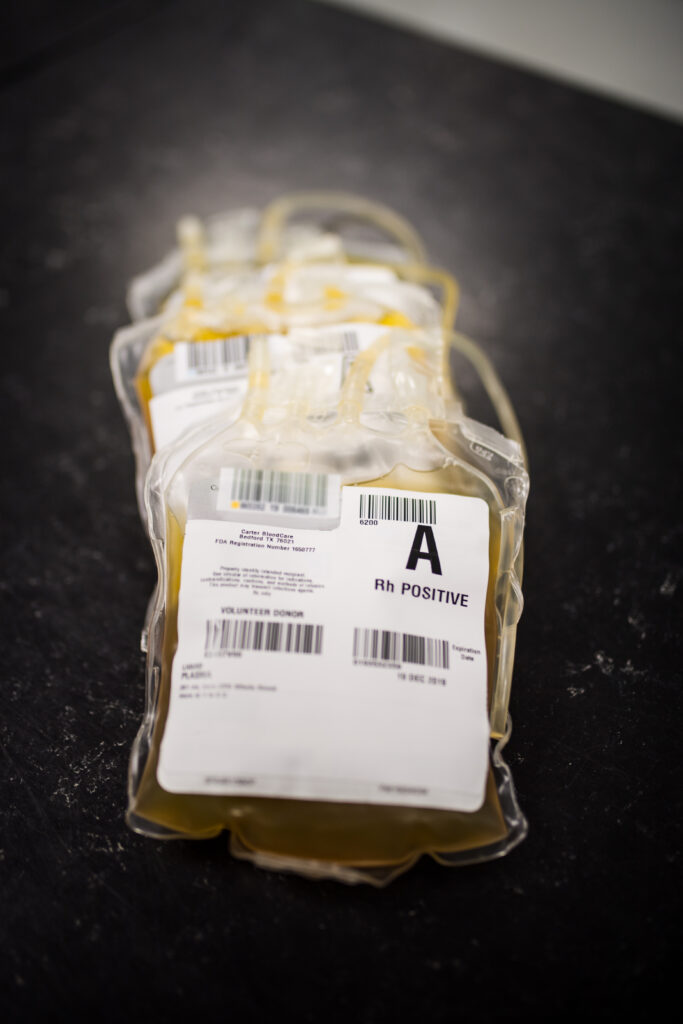Why doesn’t Carter BloodCare pay donors cash for their blood donations?
In response to a frequent question: Why doesn’t Carter BloodCare pay donors cash for their blood donations?
You see the ads all the time around the Metroplex: plasma centers are willing to pay plasma donors for their “donation”. Not surprising that interested individuals call us, the community blood center, wanting to know how much we are going to pay for a donation. But it’s not the same. We do not give donors cash or cash equivalents. Why?
1. Carter BloodCare is a not-for-profit, community-based organization. We try to keep low the amount we charge our hospitals for processing the blood we collect for their products. Hospitals are not well reimbursed for blood products by Medicare or Medicare or even insurance companies, so they appreciate our efforts to keep blood product prices low. If we were to pay blood donors, that would significantly add to how much blood products cost the hospitals and subsequently the health care system.

Plasma centers are international, for-profit companies that can afford to pay donors and have that as part of their business plan. Their plasma does not go directly to hospitals for transfusion. Their plasma goes to manufacturing facilities, mostly overseas, where it is made into blood derivative products that are eventually returned to the United States in bottles for patient use (IV gamma globulin, albumin concentrate, clotting factor concentrates etc)
2. We label our blood products as coming from “Volunteer Donors”. This has been the standard of practice for blood products used in the United States for transfusion for 50 years. The Food and Drug Administration (FDA), which regulates the manufacture of blood products, has strict rules about the labeling of blood from volunteer donors. They allow us to provide donors with some giveaways, including some lower value nontransferable gift cards, but nothing that can be easily converted to cash, like nice prizes or cash itself.
3. Scientific studies have shown that paying donors, or providing donors with too great of a financial or motivational incentive to donate might cause individuals to be less honest about their health history in order to get the incentive/cash. In other words, if a person had to have a successful donation in order to get the payment, and the payment was very attractive, a donor might “forget” that they had a significant health problem that would normally prohibit them from being eligible to donate so that they can collect the incentive.
Plasma centers overcome this problem of product safety by treating the plasma donations for infectious diseases (a process called pathogen inactivation, or solvent detergent treatment) prior to bottling the product. Blood centers cannot do that for all blood currently for transfusion because the treatment for plasma is very aggressive and would damage red cells irreversibly. We hope that our community donors will continue to support the local hospitals and their blood needs at Carter BloodCare and understand that we have different needs than the plasma centers. We can’t meet needs of transfusion dependent patients without you.

